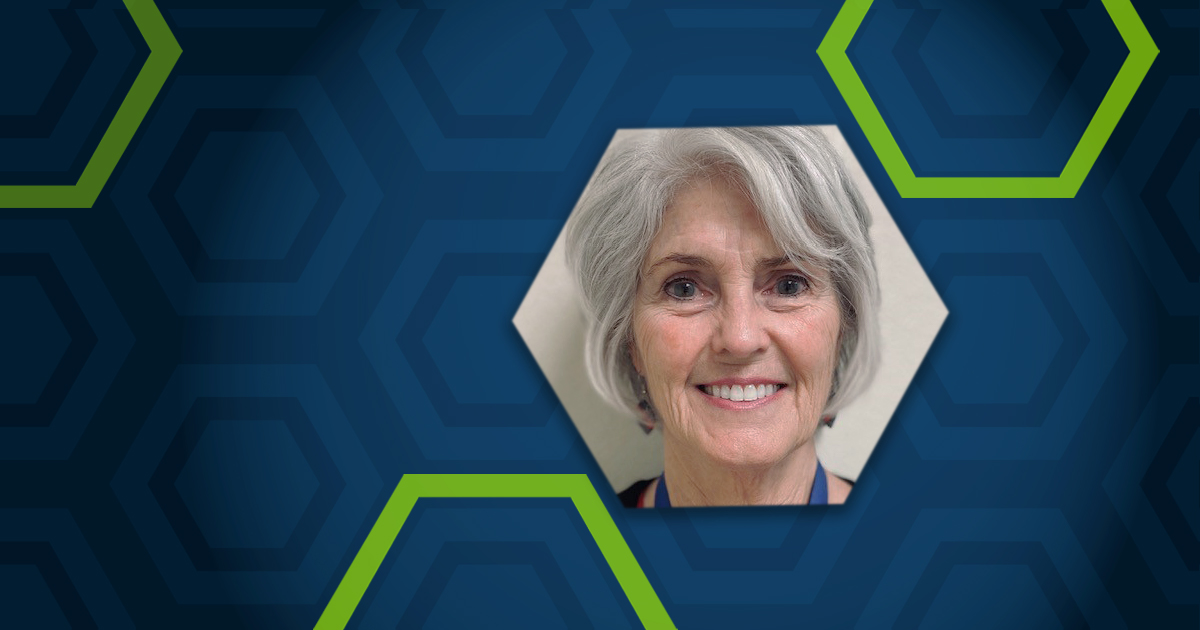We sat down with Elaine Ellis, M.D., neurodevelopmental disabilities pediatrician at Pediatrix affiliate Phoenix Perinatal Associates in Arizona. Dr. Ellis has been in practice for 40 years, 33 of which have been with Mednax. As part of her training, Dr. Ellis evaluated neonates in the NICU, which has always been her first love. She credits the melding of developmental pediatrics and neonatology with the adaption and promotion of the family-centered care movement, which started in pediatrics in the NICU and ultimately changed the way neonatology has been practiced.
Watch the video for the full interview or check out the highlights below!
What do you think it means to be a woman in health care today?
When I started, when there were very few women, I felt it was a weighty responsibility to prove that women could be serious and could do anything that the men in medicine could. So, at that time, I saw it as a big responsibility. Now that medical culture has changed so much, it’s a little bit easier. I think both women and men in medicine have changed, and I think that has given the opportunity for the merging of two things into something better.
What are some of the positives of being a woman in health care?
Being in medicine gives you the opportunity to share people’s lives, which changes you, and then you can bring that to all other aspects of your life. It is an opportunity that is not found in many other professions that I wouldn’t trade for anything in the world.
What advice do you have for women applying to medical school or entering the medical field for the first time?
What I would say, and it would be something that I would say to my younger self, is take your days off, take downtime, have fun, remember the other things outside of medicine and don’t save up your days—take them when they come. There is a quote that I was reminded of, and it was from Howard Thurman, and it says, “Don’t ask what the world needs. Ask yourself what makes you come alive, and then go do it. Because what the world needs is people who have come alive.” And by that I mean, you have to feel alive in medicine so that you don’t get used up. And if you are in medicine or are in medical school and it doesn’t feed you, then it won’t go well for you or the people you meet. And the other thing is that you need to have some type of spiritual support, whatever name that is, because if you don’t have that grounding and that source of sustenance through some sort of spiritual connection, again, it will be very hard.
How can women physicians best support fellow women physicians?
By being a mentor, by encouraging, by always pointing out when someone has done something, by giving credit where it's due, by sharing—rather than saying, “I’ve made it, you make it”—by really helping. That’s something women have always done throughout history; we’ve always been helpers and caregivers. So, in my mind, helping other women, being in medicine, is really part of what being a woman is.
Interested in joining our team of talented women’s and children’s clinicians?

